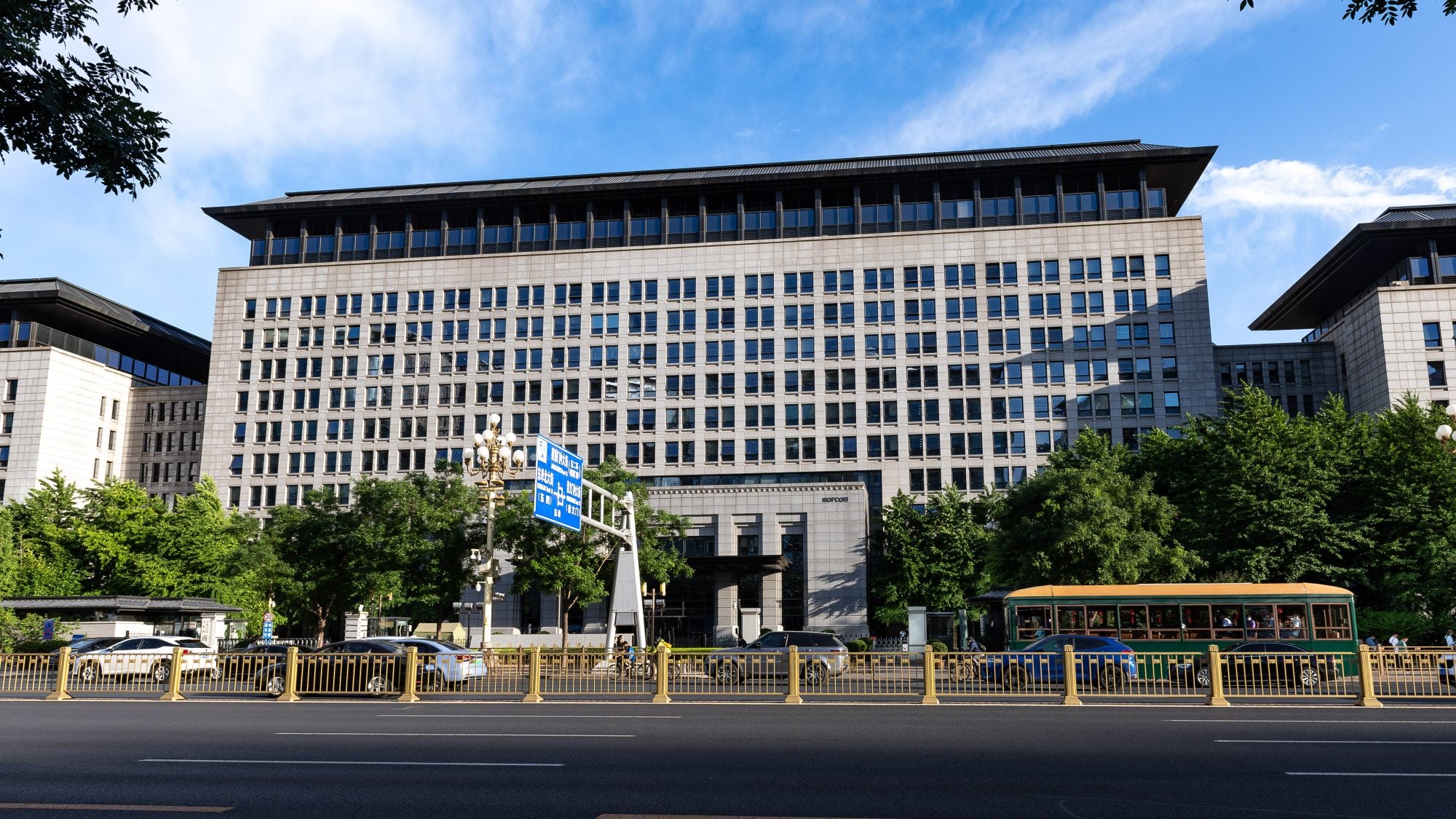
Title: Business Lessons from China: Five Minutes with Dean John Quelch
On February 13th, Dean John Quelch of the China Europe International Business School (CEIBS) spoke with the Georgetown Journal of International Affairs about e-commerce and how it’s transforming the Chinese economy.
[GJIA] E-consumerism in China is expected to surpass that of the US by 2015. What kind of an effect will this have on the US market?
[JQ] The percentage of GDP in China that goes into consumption is about 34 percent—about half of Europe’s GDP that goes into consumption. It’s very important over the next few years that China moves to an economic scenario where there is a proportion of GDP devoted to consumption as opposed to production. That means making it convenient for consumers to consume. There are about 200 million individuals in China who have access to a mobile phone and a computer. Accordingly, as we move to a situation where it becomes feasible to successfully promote consumption and purchases of mobile phones, this will further fuel e-commerce in China. What can be done to facilitate easier consumption will enable China to transition its economy from a receiving-focused to a consumption-focused nation.
[GJIA] Many people, both inside and outside of China, are skeptical of Chinese online retailers. How do Chinese consumers overcome the issue of trust?
[JQ] International constraint is very well understood by the leading companies engaging in e-commerce, and it is up to the sellers to provide confidence to consumers through the handling of e-commerce. A case last year involved Taobao—part of Alibaba (a company that has a major investment in China). One of Taobao’s sellers fell afoul of fraud and failed to deliver the goods. Alibaba displayed very impressive corporate responsibility; it came straight out and purged the company site of those who were defrauding customers. This incident highlighted that major players in the Chinese e-commerce business need to take strong action on bad behavior. Alibaba, in doing so, set a standard for the rest of the industry.
[GJIA] Do you see Chinese online retailers taking advantage of this trend globally?
[JQ] The domestic market in China offers such a huge opportunity for increased sales volume that frankly there’s no particular reason why these companies would necessarily go into the international market in order to boost their sales or profitability. The domestic market offers plenty of space and headroom here, so it doesn’t makes sense that these companies will have a particularly big interest in going global.
[GJIA] What effect will the booming Chinese e-commerce industry have on brick-and-mortar companies?
[JQ] The speed of technology, especially in the 3rd and 4th tier cities has outpaced the speed by which brick-and-mortar stores can be constructed. However, [e-commerce] provides a great service to people with disposable income in these rural and 3rd- and 4th-tier city markets. It’s a great opportunity to access service that they otherwise would not have been able to access through brick-and-mortar companies. In reality when you have e-commerce, you actually stimulate sales in physical stores as well. Most people usually think it’s a one-to-one trade-off between e-commerce and brick-and-mortar commerce, but that’s not the case. Whenever we see promotion of brand or retail in e-commerce space, it stimulates traffic in physical stores as well. People like the entertainment of going into shops and looking around.
[GJIA] There are currently a lot of limitations for foreign card issuers in China’s consumer market. How does this impact the future of e-commerce?
[JQ] Foreign banks have typically not been permitted to issue their own credit cards in China, unless they are in conjunction with domestic Chinese banks. That has changed recently with a ruling this past month. Citibank has been enabled to issue, under certain circumstances, its own credit card in the consumer marketplace in China. This is a very important change because traditionally, payment mechanisms are largely controlled by Union Pay, which is essentially a single, government-regulated supplier which monitors all payments through the credit card system. While it’s not clear what’s going to happen next with the Citibank approval, it’s an encouraging sign that the Chinese government recognizes the need to be a little more relaxed about competition in credit card space to facilitate transactions and e-commerce in general.
[GJIA] What’s the outlook for e-commerce in China?
[JQ] E-commerce is extremely well established in China. It’s growing by leaps and bounds just as it did in the US a few years ago. Once people make the first purchase successfully, have it delivered on time in good shape, and the product accurately meets the specifications of consumer expectations, then the consumer becomes very relaxed and comfortable. This is what we’re seeing in China—an increasingly comfortable e-commerce atmosphere. It is really going to play a very significant role in encouraging rapid increases in the overall consumption in China.
. . .
This interview was conducted by Gina Park, a junior in the Georgetown University School of Foreign Service and editorial assistant for the Business & Economics section of the Georgetown Journal.
John Quelch is Dean, Vice President and Distinguished Professor of International Management at the China Europe International Business School (CEIBS) of Shanghai, China. Prior to joining CEIBS, Quelch served as Dean of the London Business School and as Senior Associate Dean at Harvard Business School. He is a world-renowned expert on marketing and co-author of several books, including most recently, All Business Is Local: Why Place Matters More Than Ever in a Global, Virtual World.
Image Credit: N509FZ, CC BY-SA 4.0, via Wikimedia Commons
This is an archived article. While every effort is made to conserve hyperlinks and information, GJIA’s archived content sources online content between 2011 – 2019 which may no longer be accessible or correct.
More Interviews

Cruises have increasingly become a popular choice for families and solo travelers, with companies like Royal Caribbean International introducing “super-sized” ships with capacity for over seven thousand…

In March 2025, widespread protests erupted across Türkiye following the controversial arrest of former Istanbul Mayor Ekrem İmamoğlu, an action widely condemned as politically motivated and…

In this interview, GJIA sits down with Jojo Mehta, Co-Founder and Chief Executive of Stop Ecocide International, to discuss the global movement to codify ecocide as an international…